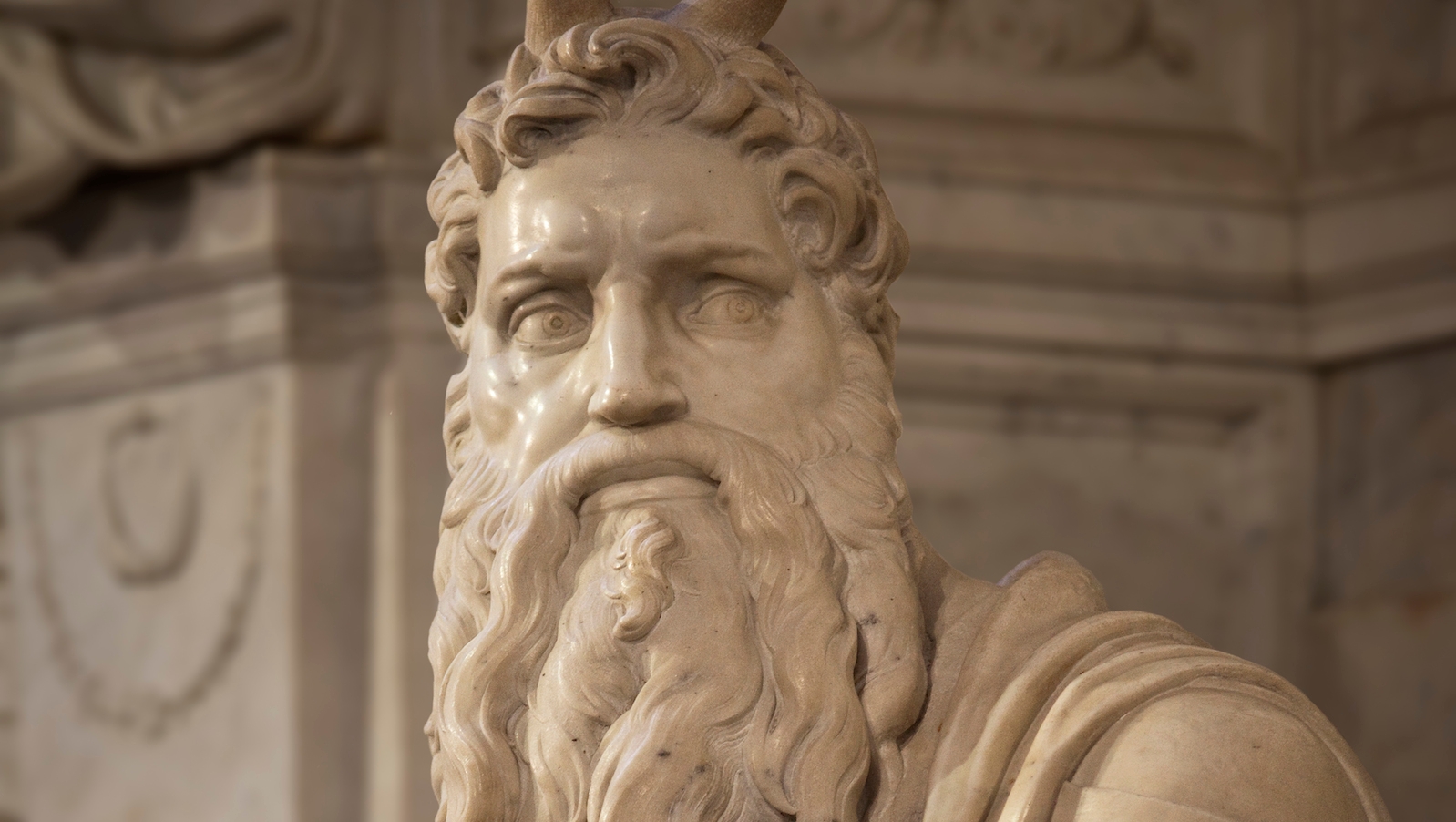IV SUNDAY IN ORDINARY TIME - Deuteronomy 18:15-20
In the book of Deuteronomy, God made the following promise to Moses:
“I will raise up for them a prophet like you from among their brothers. And I will put my words in his mouth, and he shall speak to them all that I command him..” (Dt 18:18 - ESV)
According to the New Testament, people saw in Jesus the prophet promised to Moses (Jn 6:14; Act 3:22-26). Contrary to all Christian tradition, Islam claims that the Deuteronomy passage announces the coming of Muhammad. The Quran simply says that “the Messenger, the Unlettered Prophet”, is “mentioned in the Torah and the Gospel” (Sura 7:157). It claims as well that Jesus himself announced the “good news of a messenger who will come after me, whose name is Ahmad.” (Sura 61:6).
However, it is a far-fetched attempt at seeing in the Bible what is not there in any way. To interpret correctly any passage of any book, one must read it in the context. It is made clear that the promised prophet will come from “among their brothers”, that is from the people of Israel. Muhammad, considered a descendant of Ishmael, half-brother of Isaac, can be counted as one from “among their brothers”. However, Ishmael, born of the slave, was a slave as well and he was put aside and rejected. He had no right to Abraham’s inheritance and the promise made to Abraham passed to Isaac and through Isaac to Jacob. God’s covenant was made with the descendants of Isaac, not the descendants of Ishmael, who cannot be counted as brothers by the people of Israel.
The promise made in Dt 18:18 makes it very clear that the announced prophet must be a member of the people of Israel. This misreading and misinterpreting of biblical passages by the Islamic tradition is an attempt at legitimising Muhammad as a prophet, even though such an attempt does not carry weight.
A true prophet must be a prophet like Moses. Nobody can assume the role of a prophet, but the one who was called and sent by God like Moses. Throughout the centuries, even in biblical times, there appeared many people who claimed to be prophets and presented their message as being God’s message. Those are false prophets and the false prophet must die:
“But the prophet who presumes to speak a word in my name that I have not commanded him to speak, or who speaks in the name of other gods, that same prophet shall die.” (Dt 18:20).
How can we recognise a false prophet? The Lord gave Moses the answer:
“… when a prophet speaks in the name of the Lord, if the word does not come to pass or come true, that is a word that the Lord has not spoken; the prophet has spoken it presumptuously. You need not be afraid of him.” (Dt 18:22).
A true prophet humbles himself before the Lord and puts his life totally at the service of the Lord. He does not seek power and wealth and he is ready to suffer to remain faithful to the mission entrusted to him. He may be rejected and despised and he will not change his message to gain popularity. He puts his trust in the Lord. That is the way the great biblical prophets behaved. That is the way Jesus, the prophet like Moses, behaved.
This Sunday’s gospel presents Jesus as the prophet who came to teach people “with authority” and liberate them from oppression so that they live as children of God and manifest in their lives the glory of God. May the Lord Jesus Christ set us free from every power that oppresses us.


